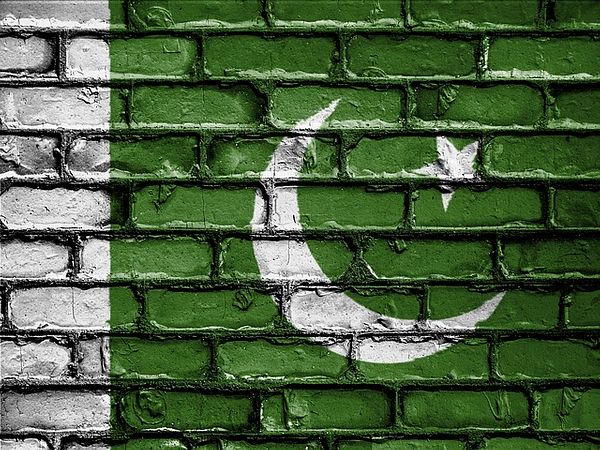
Islamabad, Pakistan: Zafar Mirza in an editorial in Dawn said that the silent majority of Pakistan is silently sad and it is also scared.
Violent chaos in society has erupted in different forms and locations — Charsadda, Sialkot, Faisalabad, Sargodha — in just the last few weeks. Apathy prevails — bystanders make videos of a burning corpse, and even take selfies with it.
The prime minister has expressed national shame. A special event was organised at the Prime Minister’s Office to express grief and also to recognise the heroic efforts of Malik Adnan to save his foreign colleague from a mad crowd. Reportedly, there were four others who also tried to stop the crowd from the heinous act.
From a long-term perspective, what are we seeing after the Sialkot incident? A lot is being written and said but more by way of catharsis, wrote Mirza.
Senior journalist Zahid Hussain, however, wrote with candour on these very pages last week, “What happened in Sialkot last week demonstrates the radicalisation of a society that condones violence in the name of faith.” He concluded the article by saying: “There is an urgent need to build a national narrative on fighting this menace before it is too late.”
But the most important voice of reason and courage on the Sialkot incident has come from Javed Ahmad Ghamidi. He released a video after the Sialkot tragedy titled Sialkot Tragedy: Who Is Really Responsible in which he has spoken about the reasons which have brought us to this tragic situation.
“First and foremost, the religious leaders, who have encouraged and hailed such heinous acts and who make heroes out of those who are responsible for them such as Mumtaz Qadri. Who the courts of Pakistan considered a murderer deserving the death sentence is celebrated by religious leaders as a martyr. Religious leaders have created an environment through their fiery speeches in which ordinary Muslims feel that not only are such acts justifiable but that this is also a recipe for success in the afterlife,” wrote Mirza.
Secondly, those lawmakers who made the blasphemy laws are responsible. According to Javed Ghamidi, the blasphemy laws on the statute books go against the Quran, hadith and Islamic jurisprudence. Laws like these convey to society that such acts are justifiable.
Third, he holds responsible the Constitution-breaking rifles that prop up and use such groups for political purposes. He reminds us how Justice Qazi Faez Isa’s well-known judgement has made him a target. He thinks that a major part of the responsibility lies with those who run the governments from behind the scenes and since they cannot do this through the consent of the people they do so by propping up such groups.
Fourthly, political leaders and intellectuals who do not condemn these incidents and remain silent, wrote Mirza.






